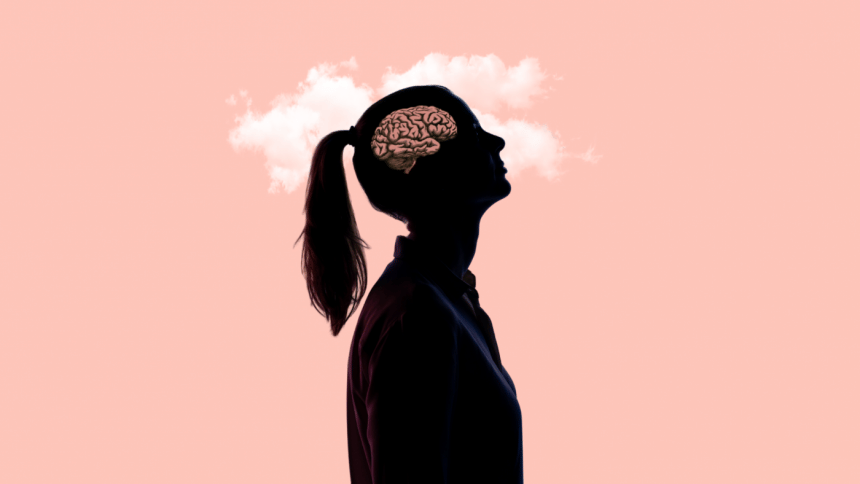Demystifying brain fog

Throughout COVID-19 and after, I've heard many family members and friends complain about forgetfulness, fatigue, inability to talk coherently, and other unpleasant cognitive symptoms. While none of them knew their condition had a name called "brain fog", they did notice that their symptoms had started after a dramatic change in lifestyle and living under sheer stress.
I personally had evaded any such issue during the pandemic, but this January, as I was sending out the last of my college applications, I started feeling my own brain fog settle in. Something I said a minute ago would get lost in memory, it was harder to put simple things into words, and focusing on anything was difficult. It felt scary, confusing, and just bizarre.
After almost a month of struggling, I finally started talking to others about my frail cognitive state and looking into what this could mean. It didn't take long to realise I was dealing with brain fog.
Brain fog is cognitive dysfunction that leaves us feeling disoriented, absent, and tired. It's not any medical condition in and of itself. Instead, it's the symptom rising from certain medical conditions. For me, it was stress from almost half a year of juggling studies, work, extracurriculars, writing college essays, and preparing for standardised tests. The moment my applications were submitted, my body gave up. For others, it can be different reasons, like lack of sleep, hormonal changes, medication, and even nutrient deficiency.
To fight brain fog, it's important to first recognise the causes. Getting blood work done will help identify if it's any deficiency in nutrients, hormone imbalance, or some other ailment. If none of those boxes is checked, it could be a lack or poor quality of sleep, or stress. For good sleep, it's important to have a good sleeping environment: dark, cold, and quiet. Maintaining the same routine and avoiding blue light, caffeine, or anything stimulating before bed are great habits. If necessary, consulting a doctor for medicines or melatonin is also a possibility.
As for stress, it's always best to turn to self-care and maybe even therapy. One mistake I made as I was going through brain fog was not understanding what I really needed was rest. Whenever I saw I wasn't feeling very conscious or energised, I would panic and force myself into whatever I was doing even more. This in turn drained me more and the vicious cycle just continued. However, giving yourself downtime is only one piece of the puzzle. For people who go through brain fog due to stress, social interactions and deep thinking, like reading and journaling, can help, too.
Lastly, no matter what the cause of someone's brain fog is, a healthy diet and exercise are always highly recommended.
Brain fog is usually nothing severe and passes away in a matter of days, but it can still be uncomfortable. Since some conditions can cause lasting brain fog, it's best to immediately bring it to the attention of close ones and a doctor.
References:
1. Verywell Mind (November 08, 2022). What Is Brain Fog?
2. WebMD (June 22, 2021). Reasons You May Have Brain Fog
Fabiha is now the Martell heir apparent of Dorne, but still a secret Slytherin alum. Pledge your allegiance and soul to her at [email protected]

 For all latest news, follow The Daily Star's Google News channel.
For all latest news, follow The Daily Star's Google News channel. 









Comments